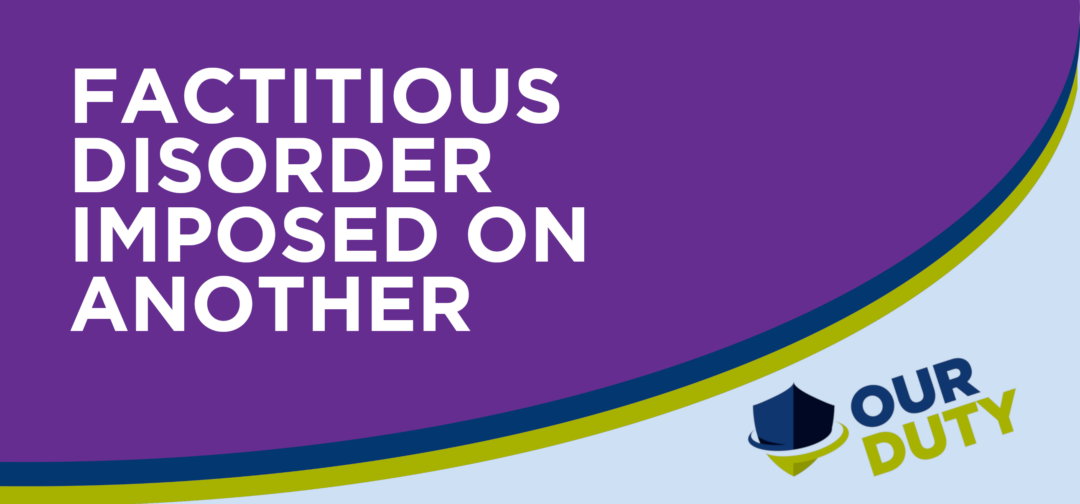Overview of Factitious Disorder Imposed on Another (FDIA), formerly Munchausen Syndrome by Proxy
Factitious Disorder Imposed on Another (FDIA), previously known as Munchausen Syndrome by Proxy, is a rare but serious psychological disorder that involves a caregiver exaggerating, fabricating, or inducing illnesses in someone under their care. This disorder is characterized by a complex interplay of psychological factors within the caregiver, leading to the intentional creation of medical or psychological symptoms in the person they are responsible for, often a child. It has been alleged on many occasions that some young people come to think of themselves as transgender because of FDIA. This has given rise to the term “Munchy Mums” to describe such parents (who are almost always mothers).
Key Points:
- Fabrication of Illness:
- Caregivers with FDIA may go to great lengths to create the appearance of transgenderism in their dependent, often leading to unnecessary medical procedures, treatments, or hospitalizations.
- Motivations:
- The motivations behind FDIA can be complex and varied, including a desire for attention, a need to assume the role of a dedicated caregiver, or even an attempt to establish a relationship with healthcare providers.
- Victims:
- Individuals most commonly affected by FDIA are younger children, or those with limited ability to communicate or understand the situation.
- Recognition Challenges:
- FDIA is a challenging disorder to identify, as caregivers may be skilled at deceiving medical professionals. Diagnosis often requires a multidisciplinary approach involving healthcare providers, mental health experts, and child protection agencies. However, in the current climate, such agencies tend not to view transgenderism as something that can be imposed on another. This makes recognition even more difficult.
- Legal Implications:
- Cases of FDIA can have serious legal consequences, as the intentional harm or manipulation of someone under care is a form of abuse. Legal authorities may become involved to ensure the safety of the affected individual. The chances of this happening in a case of transgenderism will be limited by the current orthodoxy which seems to confer a special status on that condition.
- Treatment and Intervention:
- Treatment for FDIA involves addressing the underlying psychological issues of the caregiver. Interventions may include psychotherapy, family counseling, and, in severe cases, legal action to protect the victim.
Awareness and Support: Our Duty recognizes the importance of raising awareness about FDIA to protect vulnerable individuals, particularly adolescents. We are aware of the difficulties presented when one parent suspects the other of promoting transgenderism in their child.
If you suspect someone may be a victim of FDIA or if you seek guidance and support, please reach out to relevant healthcare professionals, child protection agencies, or local law enforcement.

